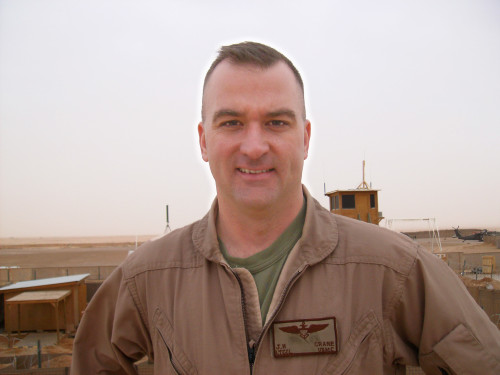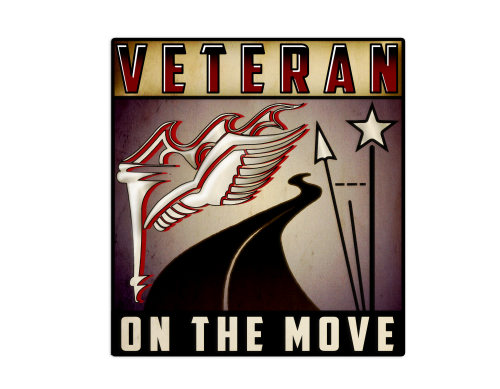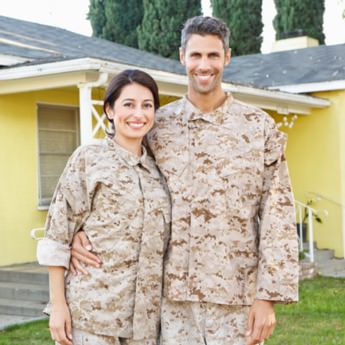Two exceptional movies are making headlines on the awards circuit – American Sniper with Bradley Cooper and Still Alice with Julianne Moore and Kristen Stewart. One looks at the Navy SEAL with more “kills” than any other sniper in military history. The other examines a successful career woman handling early-onset Alzheimer’s.
At first glance, neither movie seems to have anything in common with the other. But both prominently feature caregivers, a role so often taken for granted in our society. It’s even more underlooked in the military/veterans space, which is surprising given that a 2014 Rand Corporation report funded by The Elizabeth Dole Foundation estimates that there are 5.5 million military and veteran caregivers in the United States. Of these, a full 20 percent care for post-9/11 veterans, like Kaya, Chris Kyle’s wife in American Sniper.
I find it disturbing that military families often remain an afterthought, even as they serve an invaluable role assisting those who may require a little extra time and attention. Consider my experience two years ago, sitting at a bar with my wife. The gentleman with whom we were conversing thanked me for my service to this country. Yet he overlooked my wife’s contributions to keeping our family intact and patiently handling my physical and emotional challenges upon my returning from combat in Iraq.
The U.S. government can and should do more. Legislation introduced last Congress and supported by Easter Seals and other veteran service organizations would have expanded the Department of Veterans Affairs’ Family Caregiver Program to include eligibility for all veterans with a serious service-connected injury. Currently, the program only covers post-9/11 veterans disabled in the line of duty.
It is laudable that the VA has made special notice of its younger caregivers and offers a truly great caregiver support line and website. I’ve personally seen how much harder it can be for our younger post-9/11 caregivers, who are thrust into situations where they are coping with physical disabilities, stressful situations or other emotional and behavioral changes, often for the long haul.
Yet if the VA is indeed struggling to effectively implement the current program as a September 2014 Government Accounting Office report found, then how can we realistically expect it to expand and provide top-shelf services to all veterans?
We need more programs like Hope for the Warriors and the National Military Family Association, which offer scholarships to military caregivers/spouses who may need career education in order to assume more responsibility for the financial well-being of their families. The U.S. Chamber of Commerce has taken some of the biggest lead among businesses, aggressively integrating caregivers into its Hiring our Heroes initiative. And consider Easter Seals Dixon Center, which offers a caregiver webinar series as part of the Elizabeth Dole Foundation’s National Coalition for Military Caregivers and with support through Newman’s Own Foundation.
The aforementioned Rand report recommends conducting a comprehensive needs assessment to identify where there are sufficient resources and where there is opportunity for improvement. But my favorite piece of the report is in its definition of military caregivers as “hidden heroes.” The term couldn’t be more apt.
Original Article on HuffingtonPost.com



